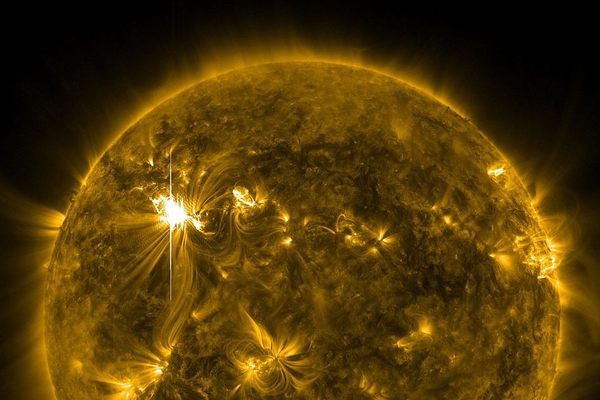India’s Trying to Predict Monsoons with a $60 Million Supercomputer
They are very hard to see coming.

Monsoon clouds in Aralvaimozhy in southern India. (Photo: w:user:PlaneMad/GNU)
The yearly monsoon in India is currently advancing up the massive subcontinent, bringing with it the essential rains that nourish Indian crops.
As it did this year, the monsoon—a complicated weather pattern in which the prevailing winds change directions, producing massive amounts of rain—ordinarily hits India in June, lasting until at least September.
But the phenomenon is also very hard to predict, although, since its founding in 1875, the government’s meteorological department has kept on trying.
Now, according to Reuters, they’re working on their most ambitious effort yet, a $60 million supercomputer based on a so-called “dynamic model” of prediction that was first developed in the U.S. Meant to be operational by 2017, the computer’s 3D models won’t give hard predictions so much as track how the slow-moving weather phenomenon develops.
A lot is at stake: the monsoon is considered to be the country’s “real finance minister,” and experts told Reuters that better forecasting could lead to 15 percent more crops.
In part, that’s because officials hope the new model—which will replace a statistical model that’s been used for decades—will be more specific, and could make local monsoon forecasts possible. Even with the new technology, though, experts expect the monsoon rains will still take Indians by surprise.
“In the last one decade we’ve gained a greater degree of precision in forecasting rains,” one Indian scientist told Reuters, “but monsoon still remains a very complex weather system which only God has the ability to understand fully.”








Follow us on Twitter to get the latest on the world's hidden wonders.
Like us on Facebook to get the latest on the world's hidden wonders.
Follow us on Twitter Like us on Facebook